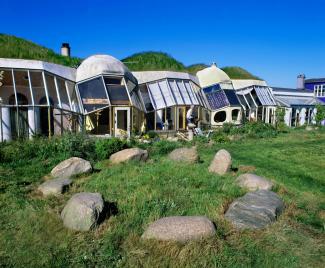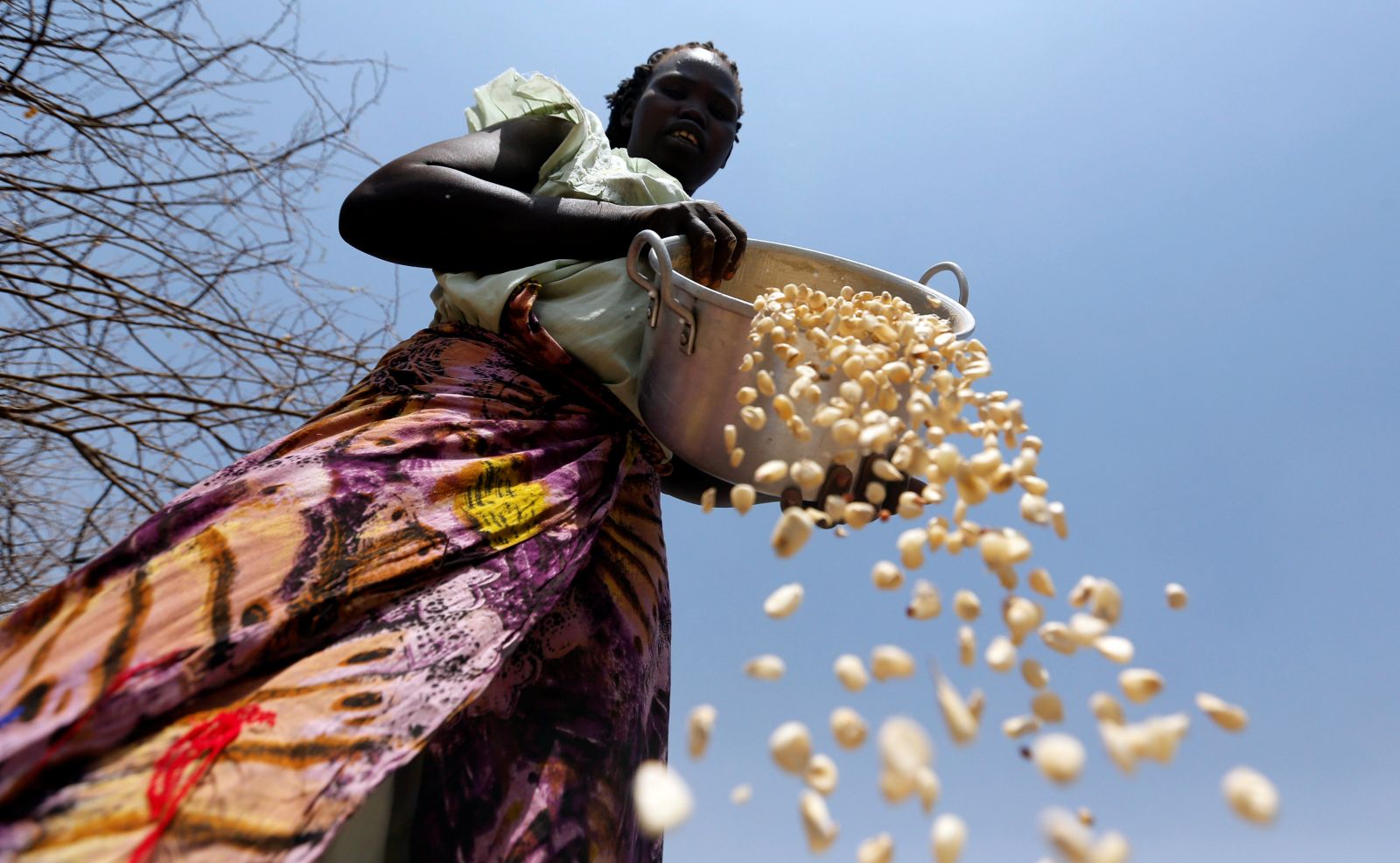Global warming
A Herculean task

In October, the Intergovernmental Panel on Climate Change (IPCC) published a special report that warned of the disastrous consequences of a global temperature increase of two degrees Celsius by the end of the century. That is the goal spelled out in the Paris Agreement (see box).
Daniela Jacob is one of the scholars who contributed to the special report and who are now urging policymakers to limit global warming to 1.5 degrees Celsius at most. “In the past, we didn’t think that there was an evidence-based figure that could be scientifically determined with such precision”, she explains. Science has advanced, however, and Jacob points out that, if global warming were limited to “only” 1.5 degrees, there would be less extreme weather, including extreme heat and rainfall.
The researcher also emphasises that crops like corn, wheat and rice would fail less often. In addition, biodiversity would not dwindle as fast. Finally, the global sea level rise would be reduced by ten centimetres by 2100.
Jacob points out that the impacts of global warming are already felt in some regions. “Around the world, unprecedented weather phenomena are taking place.” However, the changes are not happening at the same rate everywhere. On the other hand, Jacob inspires cautious optimism: she does think it is possible to limit global warming to 1.5 degrees. The technical and financial means are available; but the lack of political will remains a problem. This view is shared by Mojib Latif, climate researcher at the Helmholtz Centre for Ocean Research in Kiel (see E+Z/D+C e-Paper 2018/11, Debate).
Daniela Jacob emphasises, however, that limiting warming to 1.5 degrees Celsius will require unprecedented changes. All individuals will have to change their behaviour. Emissions will have to be drastically reduced in every sector. New technologies must be invented and investments diverted to carbon-free technologies. In order to limit warming to 1.5 degrees, carbon emissions will have to drop by 2030 to a mere 55 % of the volume emitted in 2010.
Christiane Averbeck, the executive director of Klima Allianz Deutschland, an umbrella organisation of 120 non-governmental organisations, considers it good news that the 1.5 degree goal is still achievable. “But policymakers have to set the right course”, she insisted at a conference in Berlin organised by Klima Allianz in cooperation with the Association of German Development and Humanitarian Aid NGOs (VENRO).
All experts agree that, to reach climate goals, the global community must cooperate fast and closely. Action must follow words, demands Hans-Christoph Boppel of VENRO. The Paris Agreement of 2015 made it look as though the international community was ready to tackle climate change together. Today, there is a strong sense of disappointment.
According to Boppel, climate change is linked to almost every other development issue, from fighting hunger to addressing the causes of migration. He stresses that the phenomenon is already seriously impeding development in poor countries and putting progress at risk. The consequences are particularly disastrous for the poorest of the poor. Nonetheless, Boppel sees the climate issue as an opportunity for the global community. Rising to the challenges together could create a model for global governance in other areas, he believes.
One question that arises in view of the needed transformation is what to do about workers losing jobs in the oil and coal industry. Antonio Zambrano Allende of MOCICC, a Peruvian civic movement against climate change, sympathises with their protests. “We have to understand the workers,” he says.
He feels that it is important to acknowledge the conflicting interests of different groups and to address their needs. Designing structural change in a fair manner has many dimensions, Zambrano Allende says. In his opinion, three things are essential: “democracy, land and territories”. If change is to be just, it must take into account the way individual people in different territories live and work.
Furthermore, the interests of indigenous communities as well as the unique history of individual regions must be considered. Zambrano argues that it is important to think locally and bring different interest groups to the table.











